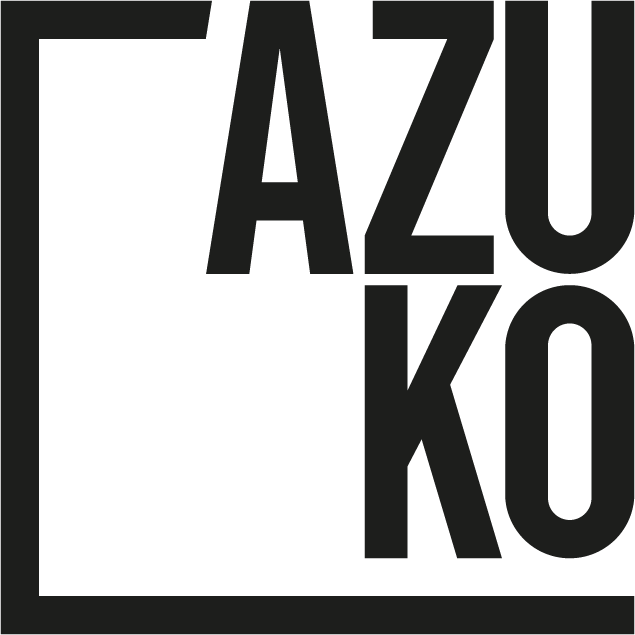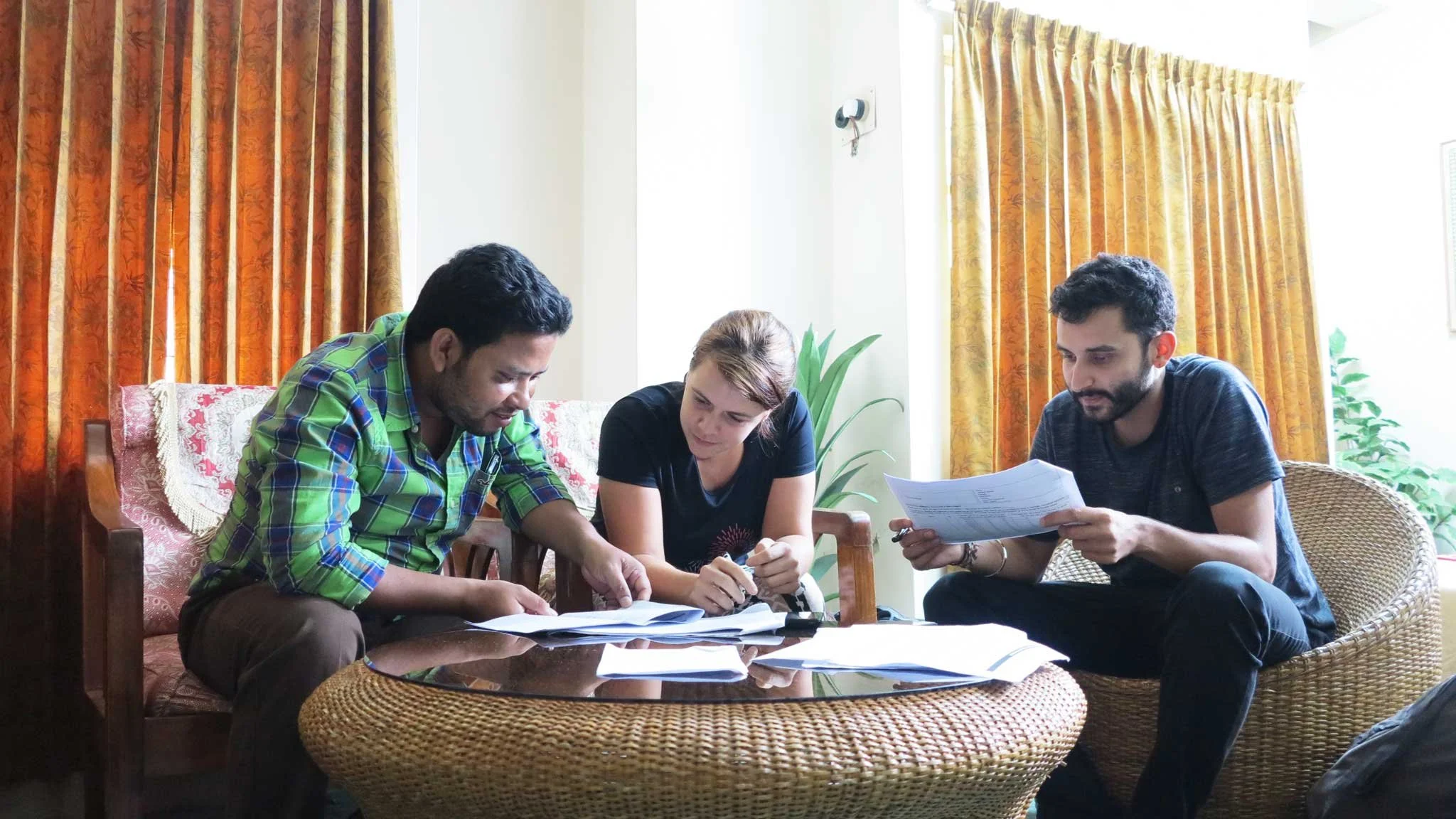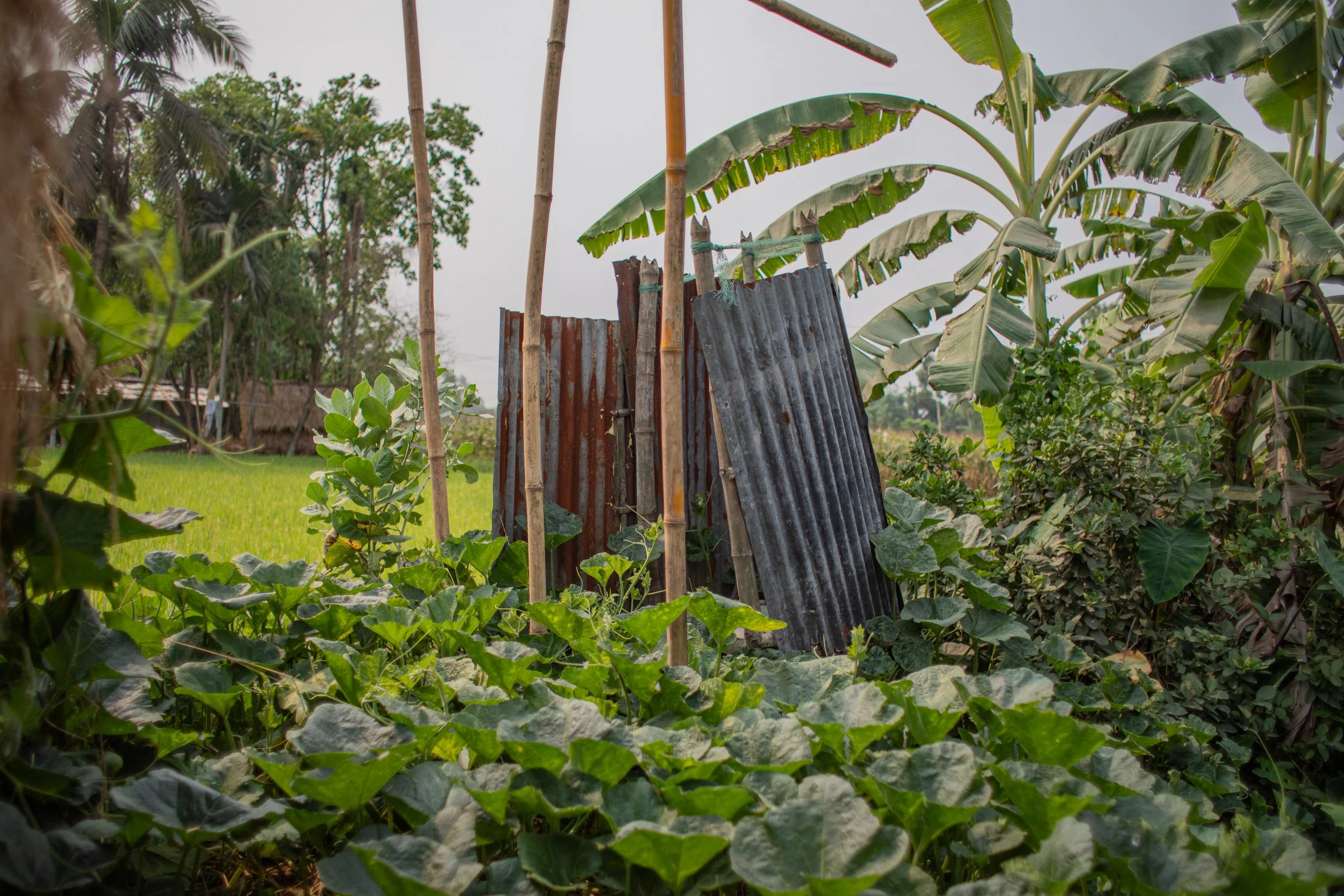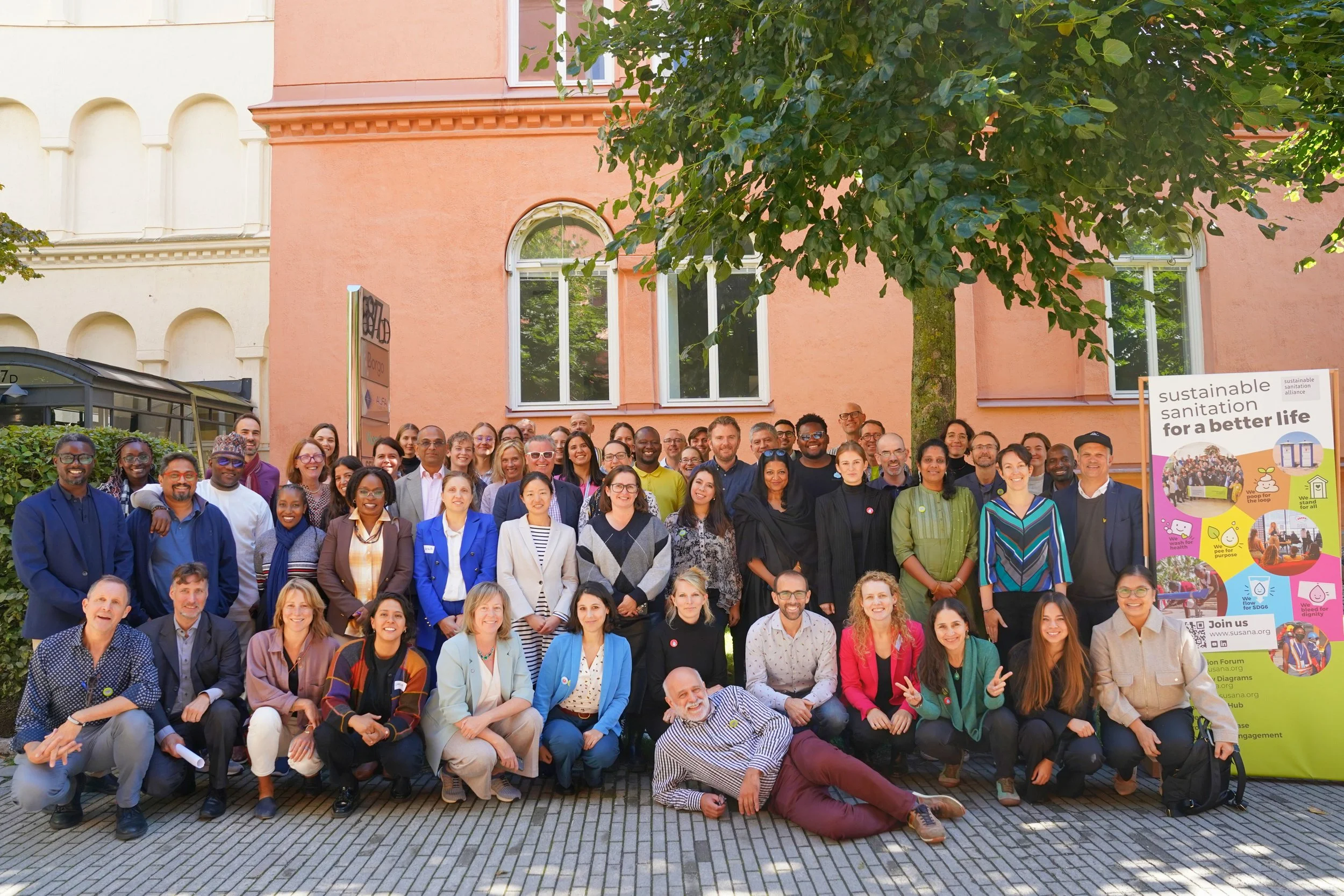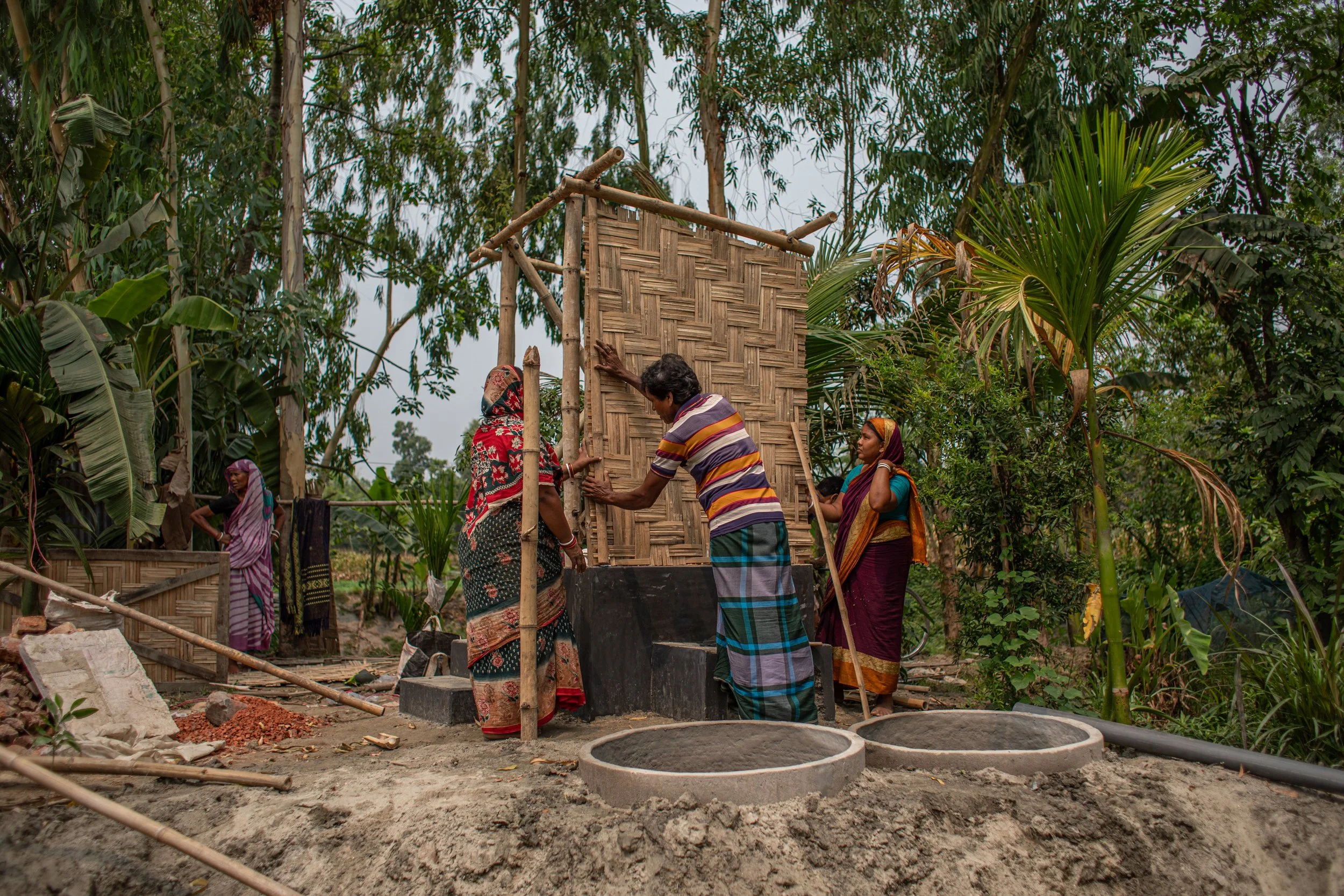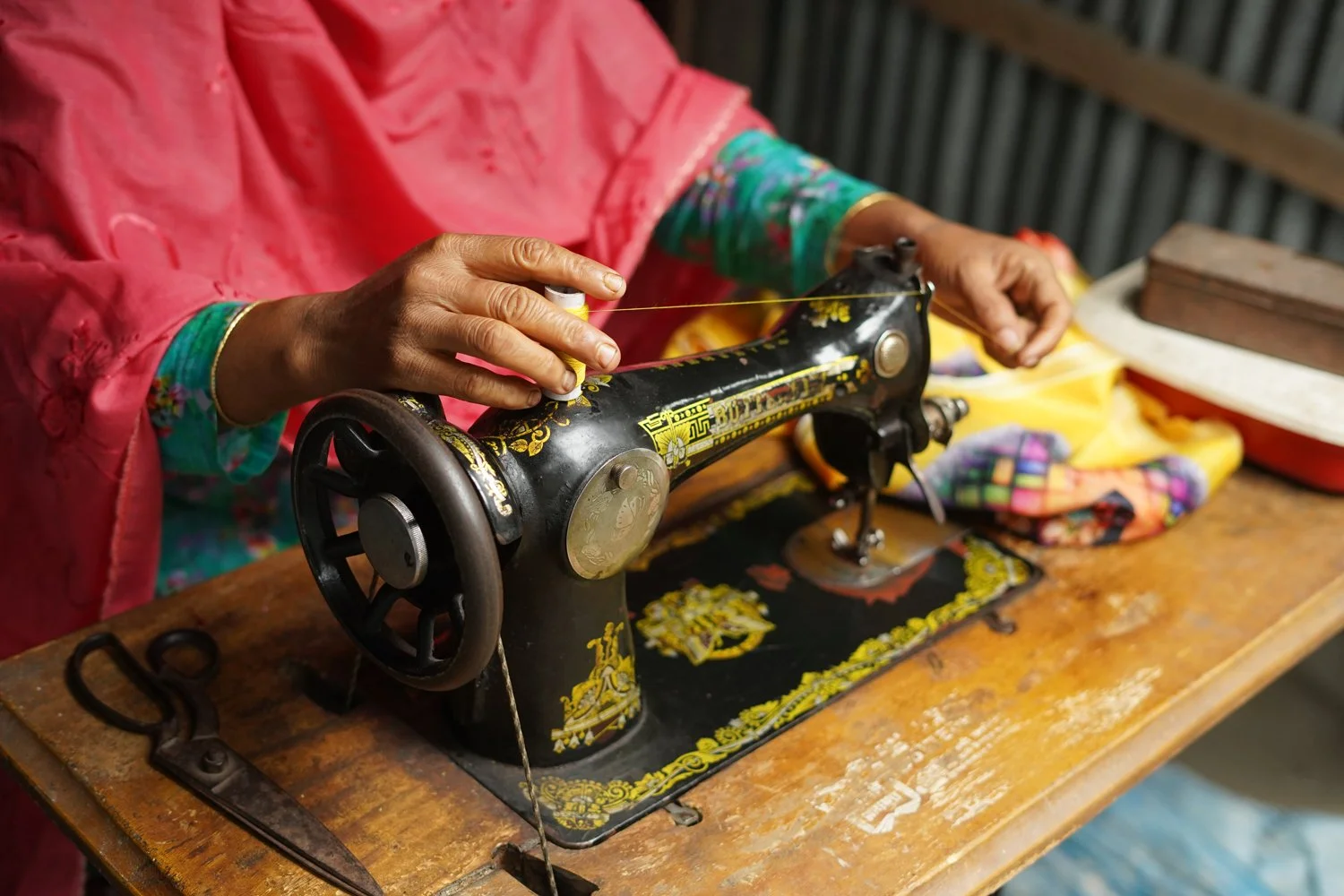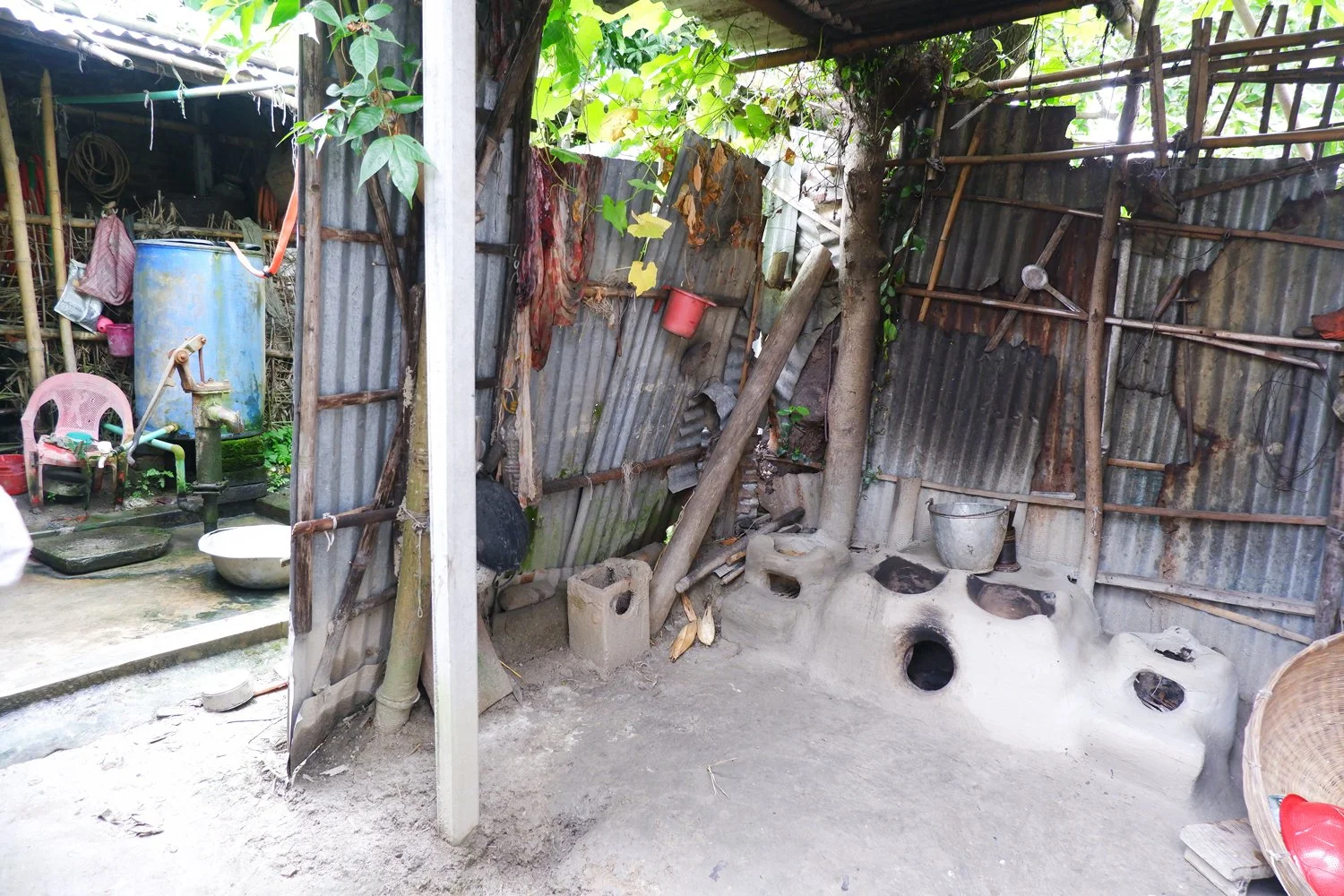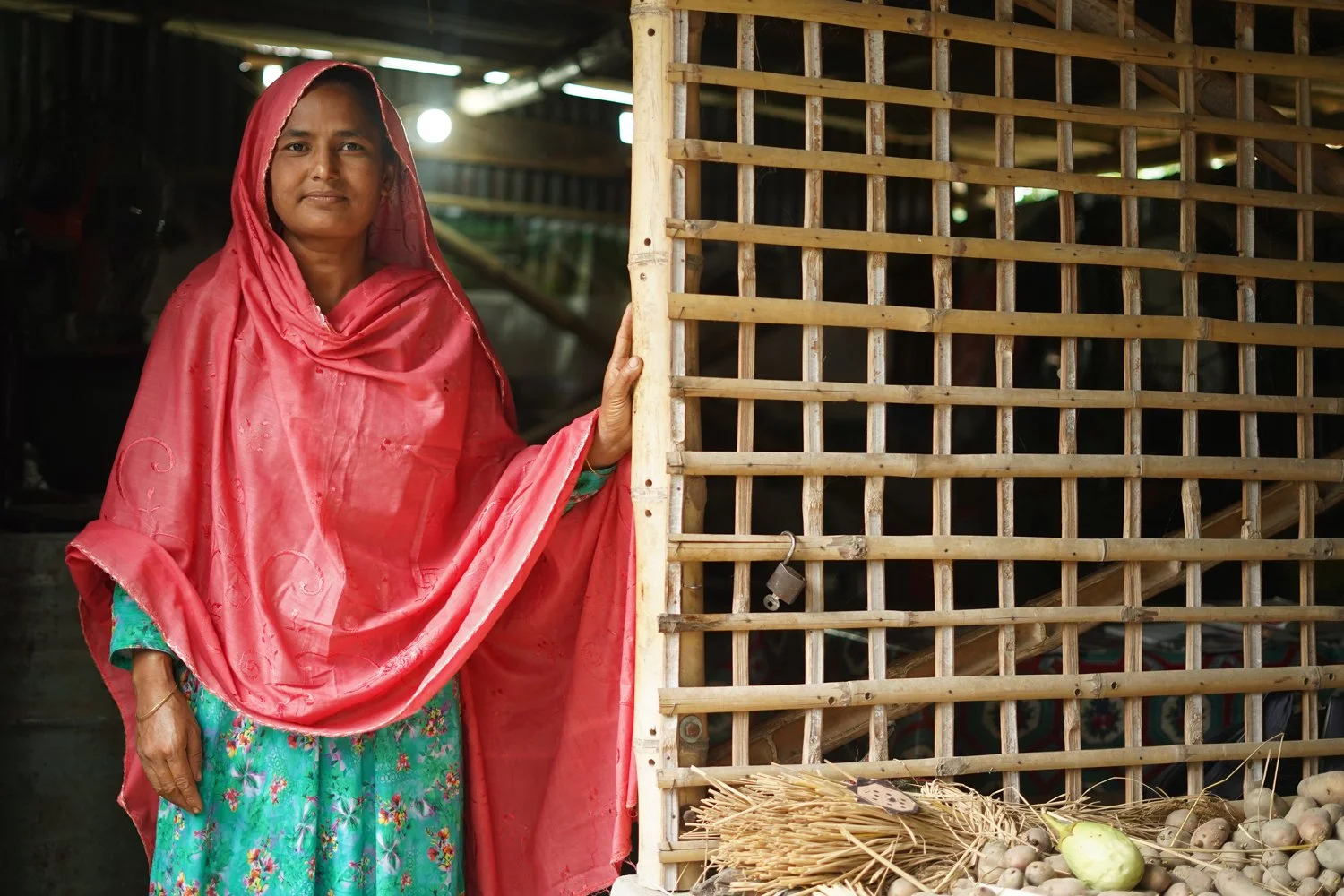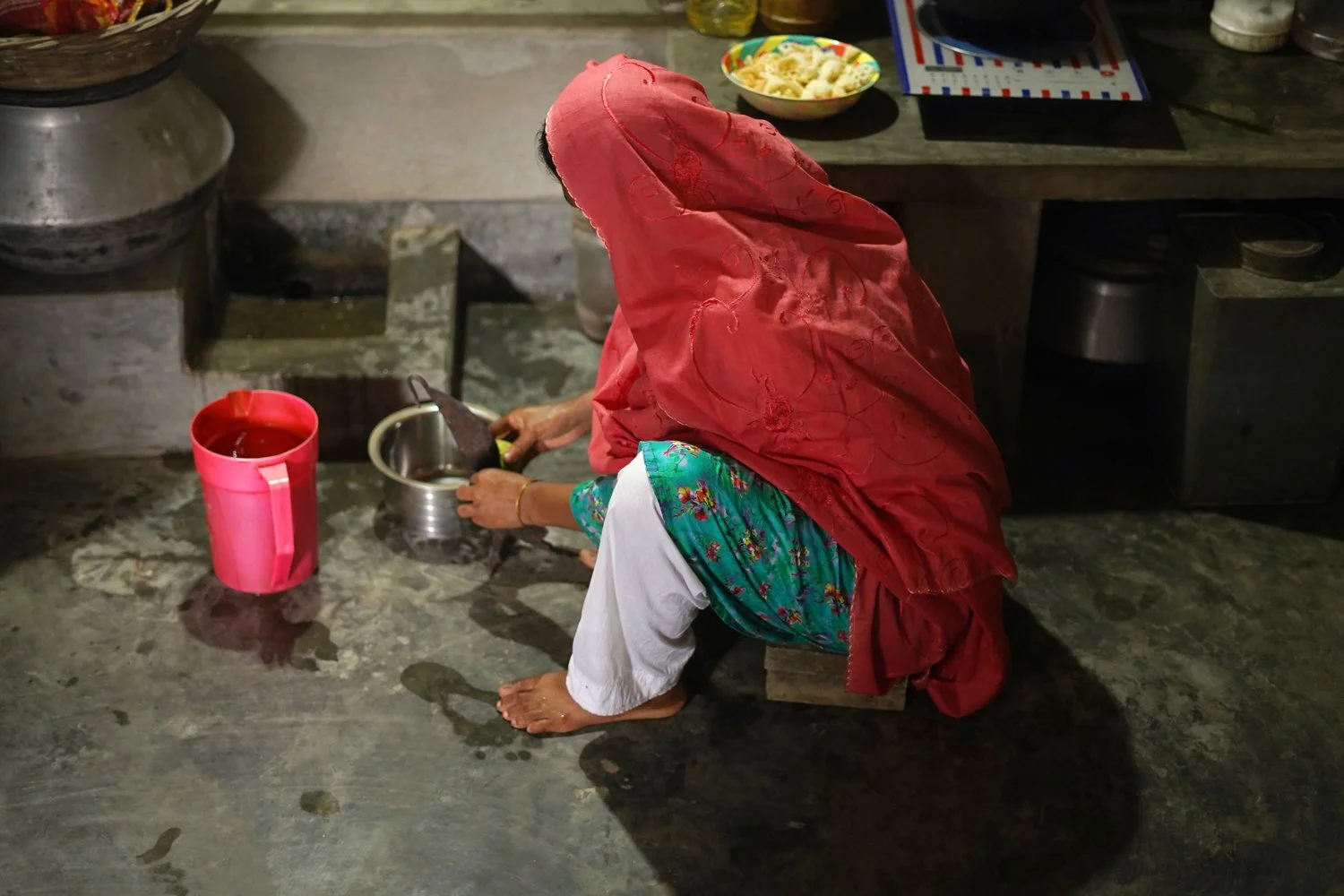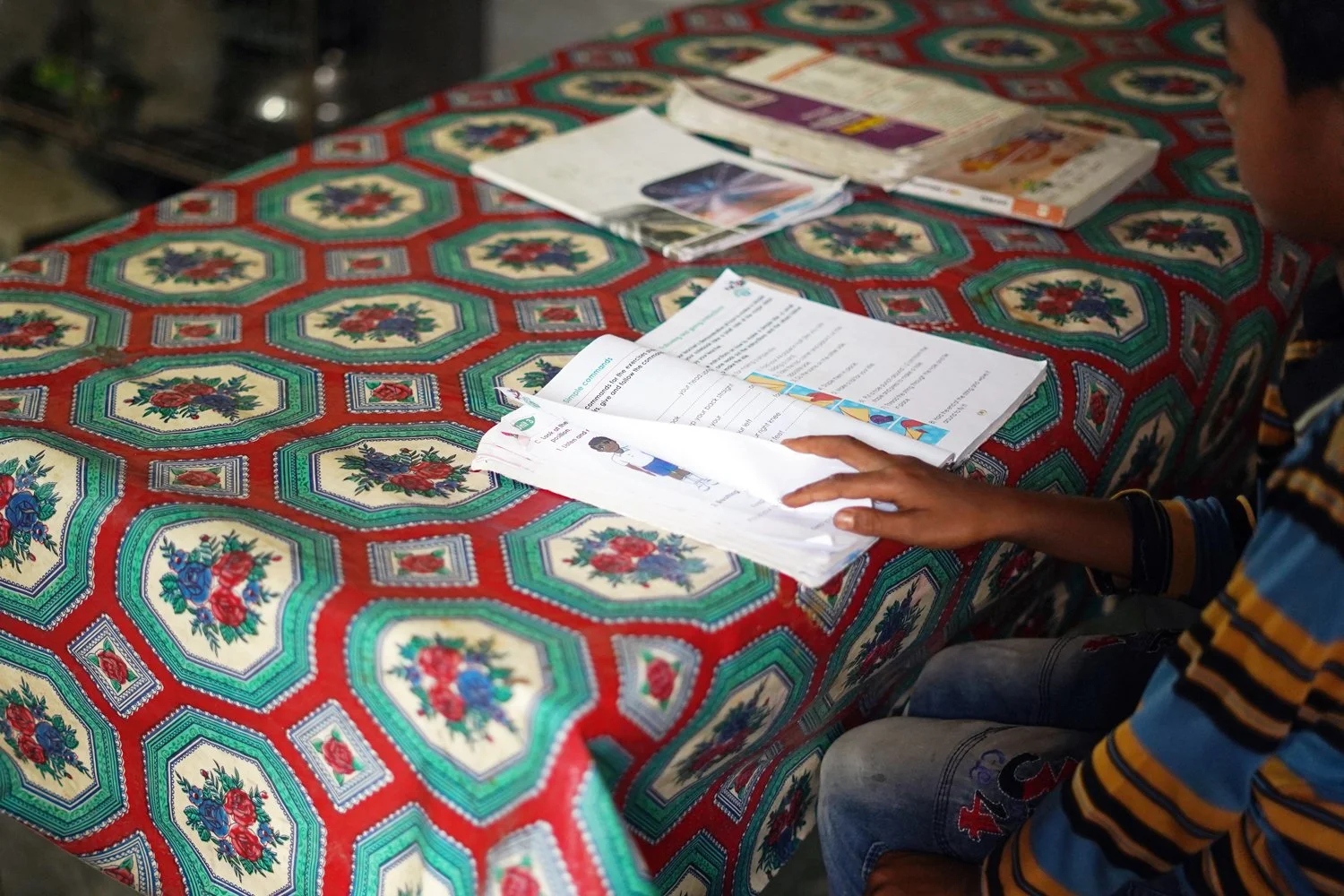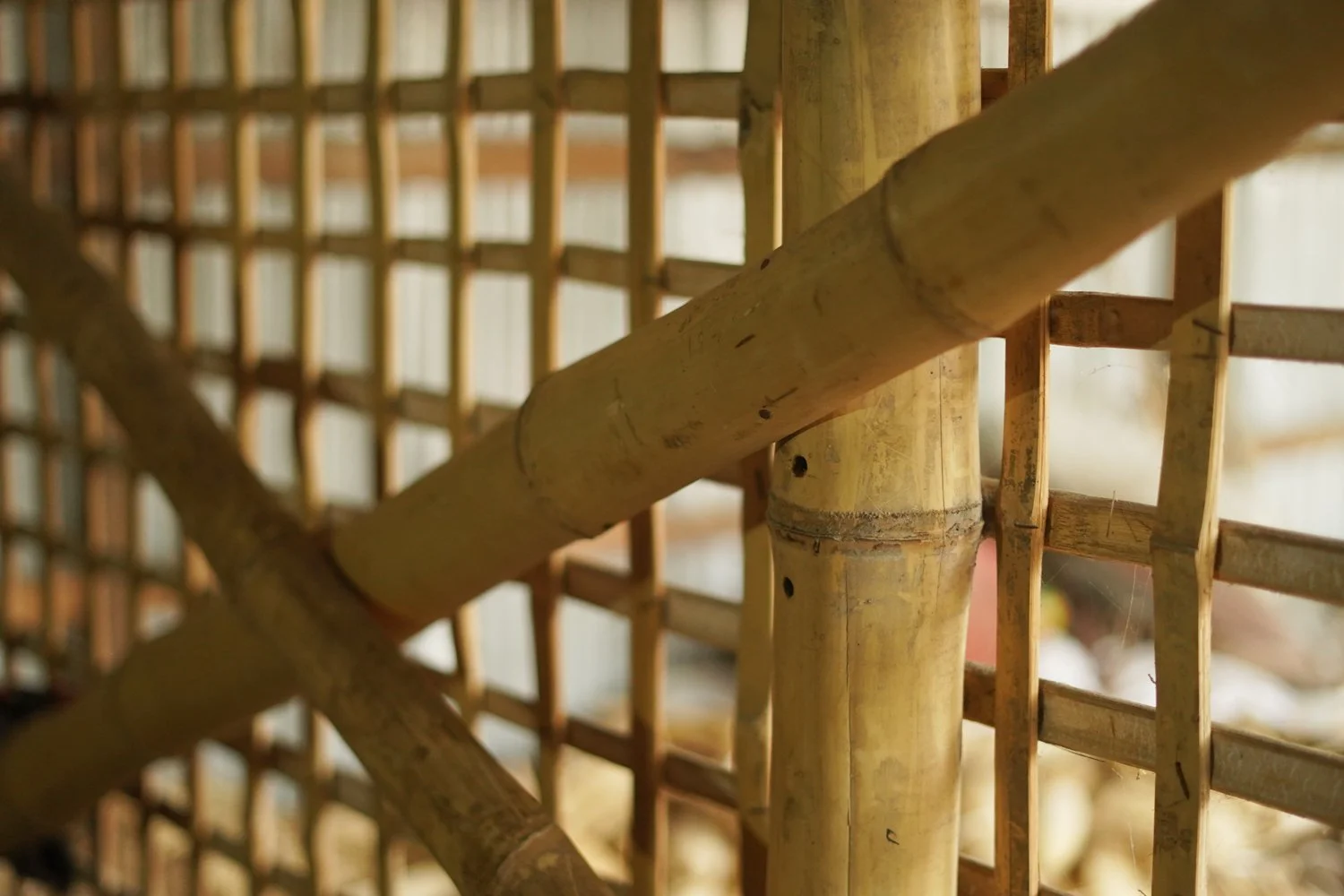Sanitation*: beyond the missed targets
Our CEO, Jo, reflects on the state of sanitation as we approach the Sustainable Development Goals 2030 deadline.
The latest Sustainable Development Goals (SDGs) progress report has landed, and it makes for sobering reading. We are not on track.
3.4 billion people still lack safely managed sanitation. 1.7 billion don’t have access to basic hygiene services at home. 427 million children go to schools without toilets or handwashing facilities. To reach universal coverage by 2030, the World Health Organization warns that progress would need to quadruple.
In Bangladesh, more than 23 million lack basic sanitation. Almost three out of ten children are living in multidimensional poverty without decent housing — housing that should protect and provide. These figures are vast. But they are also deeply personal. In the rural northwest region where AzuKo works, women and girls carry the weight of this crisis: missed schooling during menstruation, illness from waterborne diseases, the constant risks of finding a safe space to go to the toilet.
“We say our work is about housing, but it always comes back to the basics — a toilet, a tap, a safe place to wash.”
I recently attended the Sustainable Sanitation Alliance meeting and World Water Week conference in Stockholm. Sitting among policy makers, engineers, activists, and community leaders the conversations circled the same hard truth: we will not reach the targets by 2030. Yet there was no sense of defeatism. Instead, there was urgency and questioning — what comes next?
Again and again, the answers pointed to women. For too long, sanitation systems have been designed for communities, but not by them — and certainly not by women. And yet, it is women who manage households, and who suffer most when sanitation systems fail. When women are truly involved in decision-making, financing and building, entire communities are lifted. Their insights bring new perspectives on safety, privacy, dignity, and menstrual hygiene — and how to design effective sanitation systems to address these challenges.
Conversations also emphasised how sanitation must adapt to the climate crisis. In Bangladesh, rising seas, salt-contaminated water, floods, cyclones and heatwaves are not abstract theories. They are here, and they are disproportionately affecting the poorest in society. Sanitation must be climate-resilient — not just functional for today, but able to withstand tomorrow.
And while policy makers debate, communities are already leading. Sanitation systems that endure are those rooted in local skills and knowledge. When communities drive development, systems are maintained and replicated.
Governments and funders face a choice. Sanitation is too often treated as a niche. But it’s not niche — it is central. If you say you care about climate adaptation, you must care about sanitation: floods destroy toilets and contaminate water sources. If you say you care about girls’ education, you must care about sanitation: a girl cannot stay in school without a private toilet. If you say you care about women’s empowerment, you must care about sanitation: equality cannot be claimed while 84% still report harassment in public spaces, and the simple act of using a toilet exposes them to risk.
Only a quarter of countries are on track to achieve their sanitation targets. Two-thirds spend less than half of what is needed to meet these targets. Globally, aid is being squeezed — redirected to defence, geopolitical conflicts, and climate mitigation. All urgent, all necessary. But every time sanitation slips further down the list, it is women and girls who pay the price.
“Cutting funding for sanitation is not neutral. It’s a decision to accept that women and girls will continue to live without safety, without dignity, without opportunity. ”
Funding sanitation is not charity — it is justice. And justice demands more than infrastructure. It requires capacity building, systems that last, behaviour change, and above all, leadership by women.
At AzuKo, we see this daily. Toilets co-designed by women are safer, better maintained, and used with pride. A water point closer to home is not simply convenience — it is hours freed each day. Hours that restore choice.
Beyond 2030?
For AzuKo it means continuing to integrate water, sanitation and hygiene into everything we do — not as an add-on to housing, but as the very foundation of a decent life. When I think of the future we are building, I don’t see numbers. I see a girl who stays in school. A mother living in good health. A grandmother who no longer fears searching for a place to go to the toilet at night.
That is progress worth fighting for.
I’m grateful for the chance to share these perspectives in Stockholm. But the real leadership is not in these conference halls. It is in the homesteads of rural Bangladesh, where women are already shaping a more dignified future — one toilet at a time.
Read about AzuKo’s work delivering Decent toilets →
* Sanitation refers to the provision of facilities and services for the safe disposal of human urine and faeces.
DATA SOURCES
United Nations (2025), The Sustainable Development Goals Report 2025
WHO/UNICEF JMP (2021), Progress on Household Drinking Water, Sanitation and Hygiene 2000-2020: Five Years into the SDGs
WHO/UNICEF JMP (2024), Data: Households/Bangladesh/Sanitation
GED, Government of Bangladesh (2025), National Multidimensional Poverty Index for Bangladesh
UN-Women (2024), Transparency Portal: Bangladesh
UN-Water/WHO (2022), Strong Systems and Sound Investments: Evidence on and Key Insights into Accelerating Progress on Sanitation, Drinking-water and Hygiene
UN-Water GLAAS (2021), Data portal: Key findings/finance
